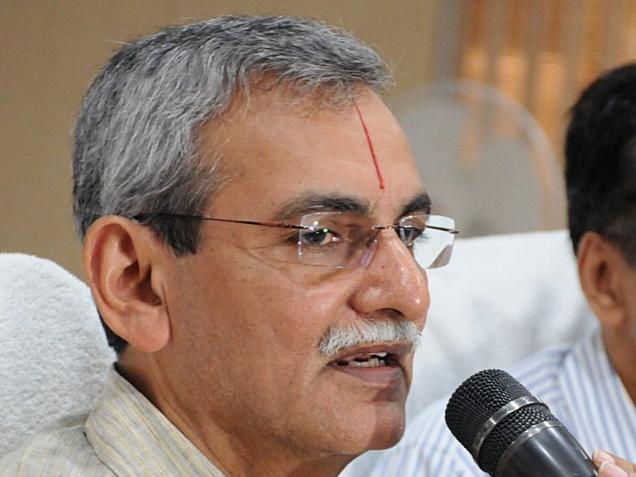Direct evidence of corruption may not always misconduct: CVC
 NEW DELHI : The Central Vigilance Commission (CVC), apex vigilance institution in-charge of monitoring all vigilance activity under the Central Government, has laid down the criteria to be followed while examining cases of corruption against the authorities exercising judicial or quasi-judicial functions in the light of a Supreme Court judgment in the RP Parekh case in July this year.
NEW DELHI : The Central Vigilance Commission (CVC), apex vigilance institution in-charge of monitoring all vigilance activity under the Central Government, has laid down the criteria to be followed while examining cases of corruption against the authorities exercising judicial or quasi-judicial functions in the light of a Supreme Court judgment in the RP Parekh case in July this year.
In a circular addressed to all Chief Vigilance Officers (CVOs’) of central ministries/departments/central public sector undertakings, the CVC said that the new set of guidelines should be kept in mind while examining cases of alleged misconduct by judicial officers.
The circular dated November 1 cited the relevant paragraph from the Supreme Court judgment that places the onus on the investigating authority to determine whether the act by the judicial officer has been actuated by an oblique motive or corrupt practice by careful appraisal of the material on record.
The apex court had said that since direct evidence of corruption may not always be forthcoming in every case involving misconduct, a wanton breach of governing principles of law or procedure may well be indicative in a given case of a motivated, if not reckless disregard of legal principles.
“In the absence of cogent explanation, it is for the disciplinary authority to determine whether a pattern has emerged on the basis of which an inference that an officer was actuated by extraneous considerations can be drawn.
The disciplinary authority has to determine whether there has emerged from record one or more circumstances that indicate that the decision which forms the basis of the charge of misconduct was not an honest exercise of judicial power.
“A charge of misconduct against a judicial official must be distinguished from a purely erroneous decision whether on law or on fact. The excerpt of the judgment also stated that, ‘cases involving misdemeanor of a judicial officer have to be dealt with sensitivity and care. A robust common sense must guide the disciplinary authority’.

